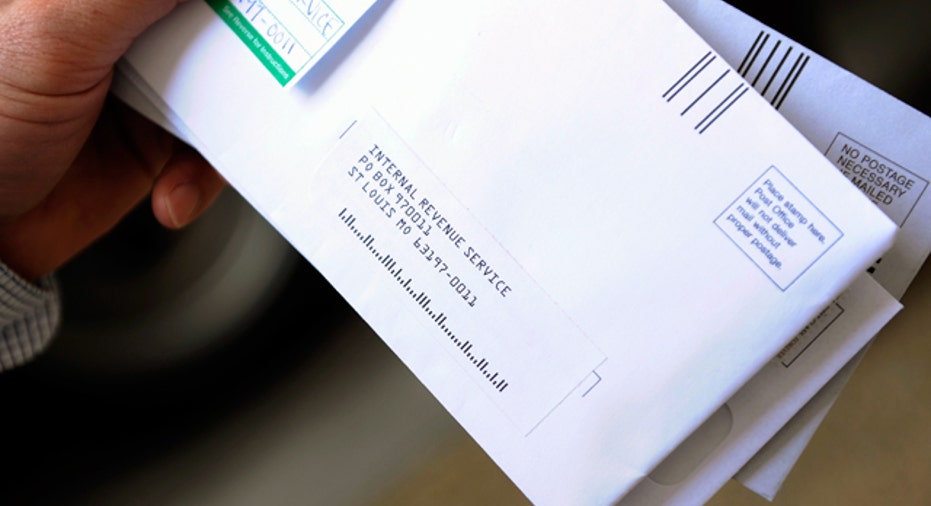When to Spend, Save or Invest Your Tax Refund

For many taxpayers, the refund they expect from Uncle Sam is the light at the end of the demanding tax filing tunnel.
Taxpayers received an average refund of $2,913 in 2011, according to the Internal Revenue Service, or $319 billion in total. That's not a bad windfall once a year, but it's important to remember that check from Treasury is your money to start with, and it’s been sitting at the department not working for you for the past year.
So what should you do with it now to make up for lost time?
The federal government may hope you'll spend it on a big screen TV to provide a necessary jolt to consumer spending and the economic recovery, but experts say the check might be better spent paying down lingering debt, padding your emergency savings or investing it in something you'll enjoy for the long term.
“Strategically using your tax refund is one of the smartest money moves you can make all year long,” says Denise Winston, a financial educator and founder of MoneyStartHere.com.
Before allocating your refund, consider your big financial picture, personal values and goals, advises Evan Shorten, a certified financial planner and president of Paragon Financial Partners. Then determine priorities and opportunities.
“If you use up your tax refund money to do X, then you are not able to use that same money to do Y or Z. Giving up Y and Z is your opportunity cost,” adds Joel Ohman, a certified financial planner and founder of CreditCardChaser.com. “Pay close attention to your opportunity costs and the long-term ramifications before making a decision.”
Whether you should save, spend or invest your refund depends on an individual's goals, but you don’t have to commit the entire funds of the check to one designated area.
"It can be a matter of accomplishing a couple of different goals and hitting a couple of different buckets," Shorten says.
Here’s what experts recommend on how to determine what to do with your tax refund check:
When to Save It:
You don't have an adequately-funded emergency fund (or no fund). Experts suggest having eight months of living expenses in an emergency account at all times that is not readily accessible. "Make sure it is not hooked up to your general checking or saving account. Otherwise it is all too easy to spend, and you run the risk of depending on your tax refund to fund your emergency account each year," Winston says.
You have substantial debt. If you have no money in the emergency fund but also have a considerable amount of debt, Shorten says it may make more sense to save the refund.
When to Spend It:
Your life could use balance. If work and other pressures are bringing you down, spend a portion of the refund on something that makes you happy and helps you enjoy everyday life, Shorten says. Spending the money on a vacation, home improvement, or helping someone in need, can enhance your attitude and make you more productive and happier long term.
You have high interest debt. Carrying a balance on high interest credit cards will cost you all year long, Winston says, so use your tax refund to pay it back. For example, $2,000 at a 29% interest rate costs about $50 monthly or $600 a year. If there are multiple debts, pay the one with the highest interest rate first. If you have debt, but could use a boost in your savings account, considering splitting the money between the two places (i.e. 60% toward the debt and 40% in savings).
When to Invest It:
You haven't maxed out a retirement account. If you qualify for an IRA contribution, go for a Roth, then a traditional IRA, advises Shorten. "You cannot get a loan for retirement, but you can for a new car."
Saving for college is a priority, but only after your retirement account is maxed. Again, you can take out student loans, but not retirement loans.
Your other bases are covered. If you've maxed out retirement accounts and our debt free with an emergency savings, consider investing in a non-retirement mutual fund or bond account that will help you accumulate wealth over time. But only do this if you don't plan on needing the money soon.



















